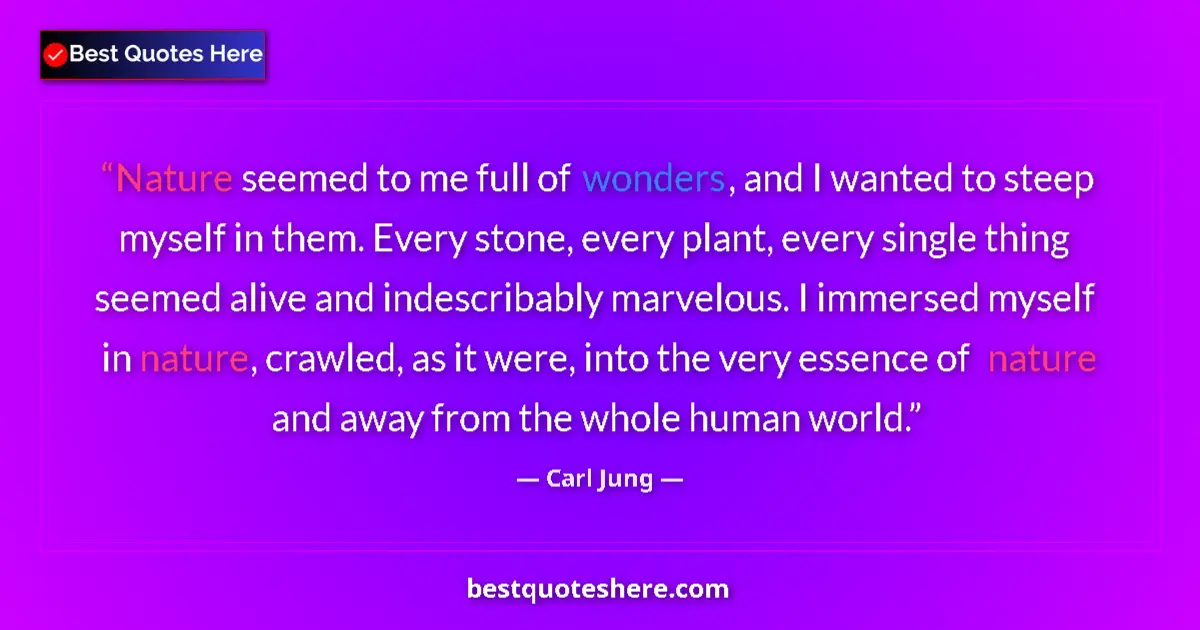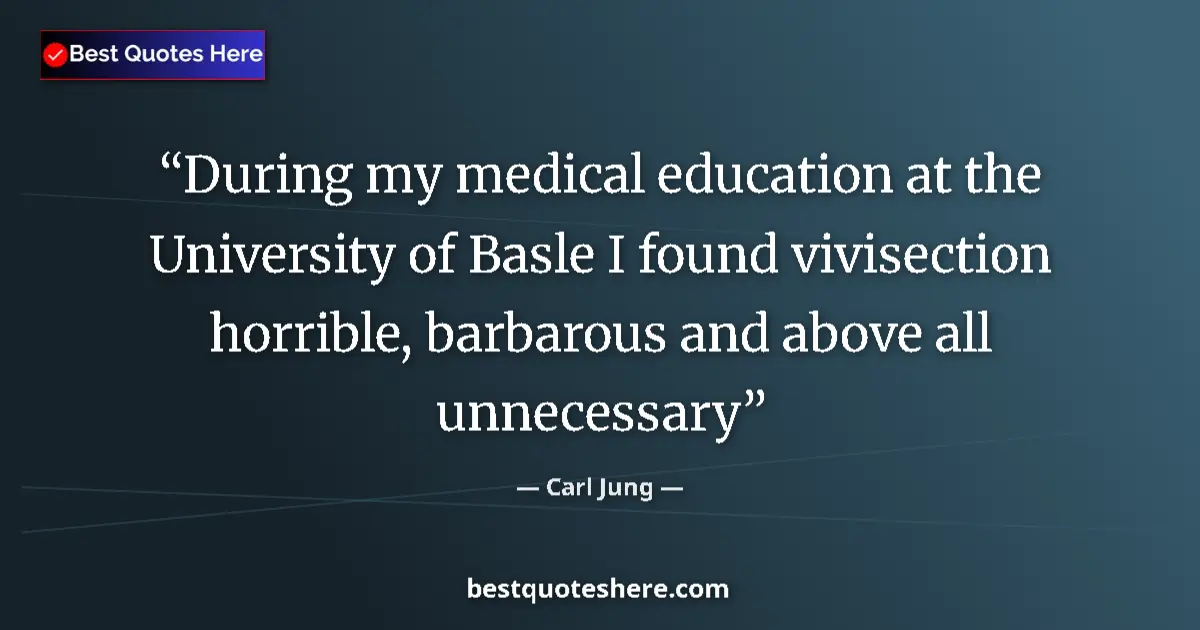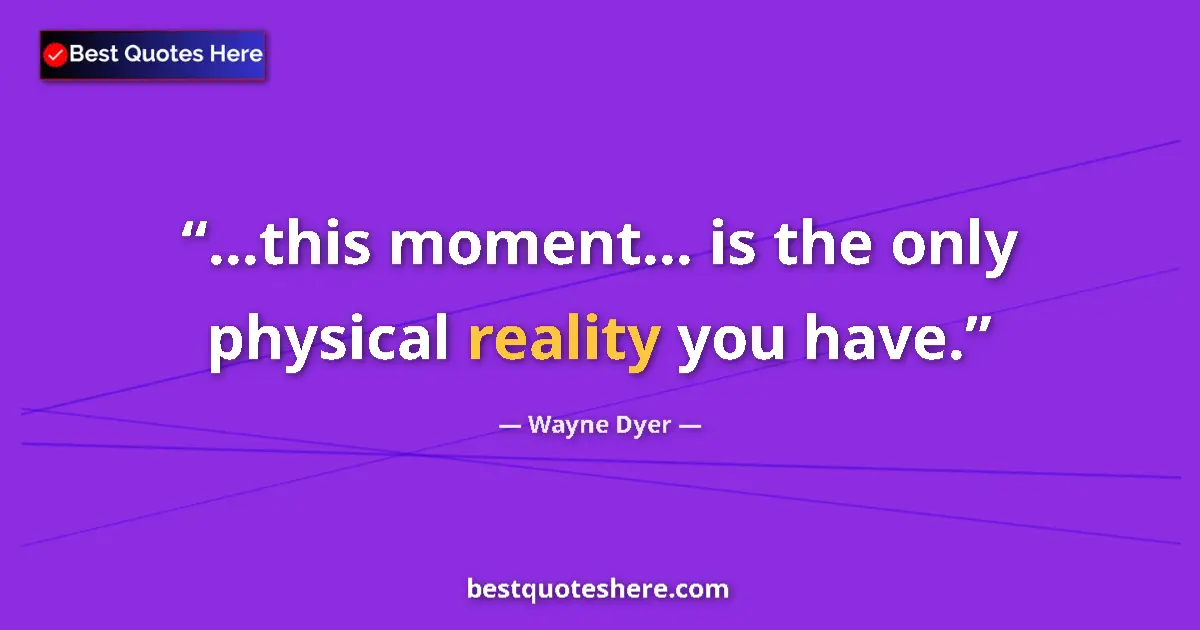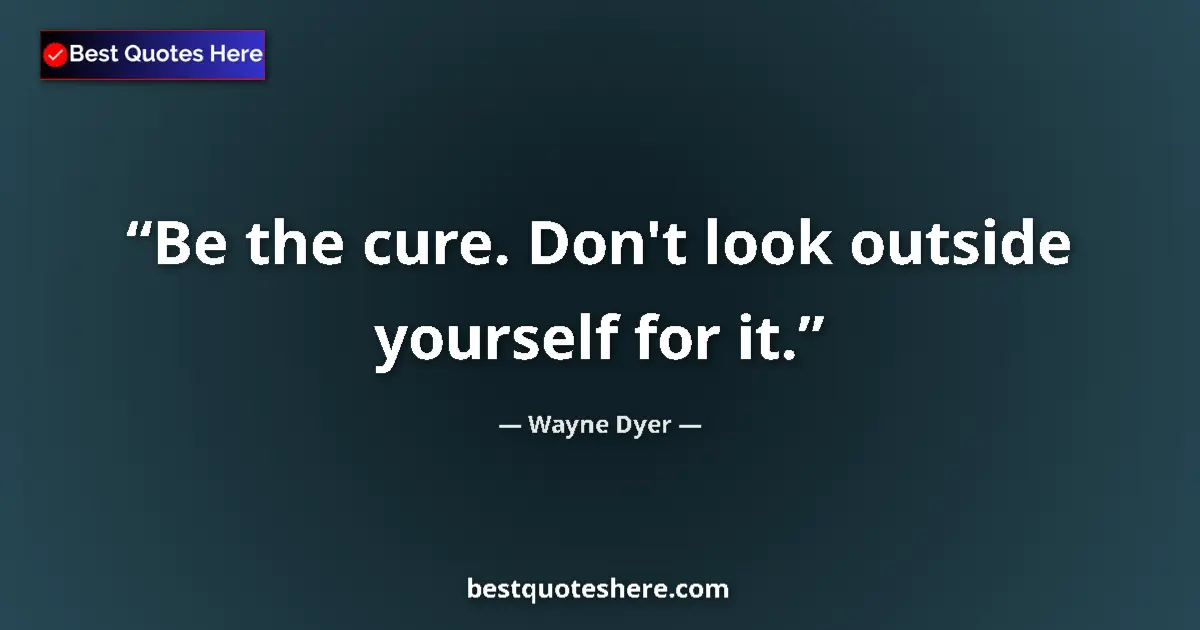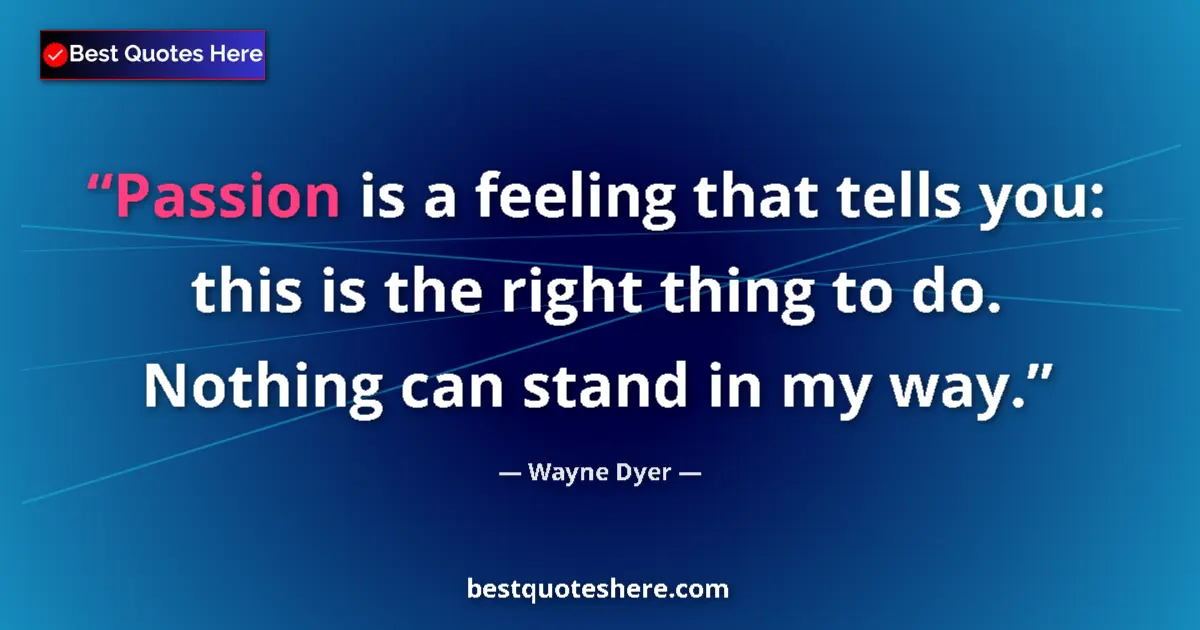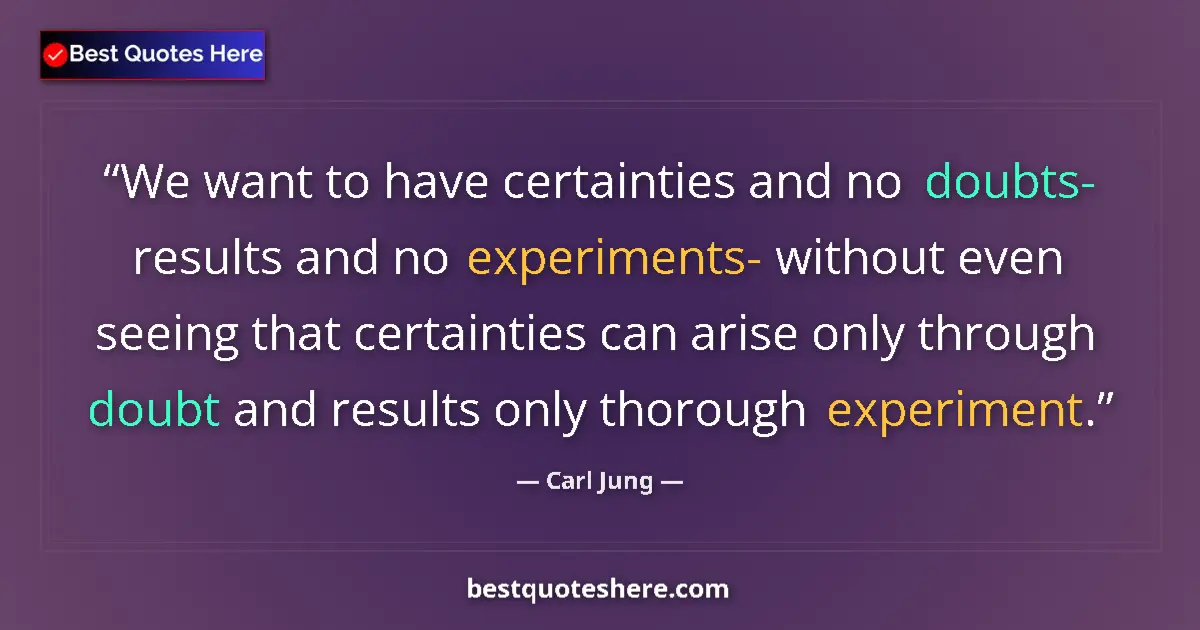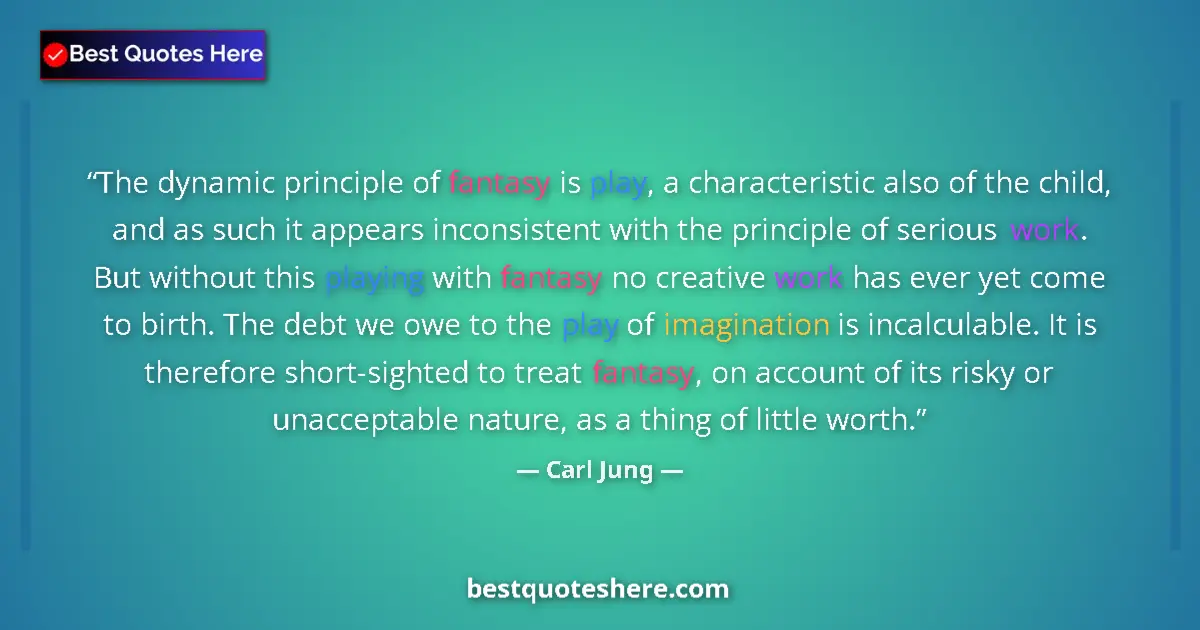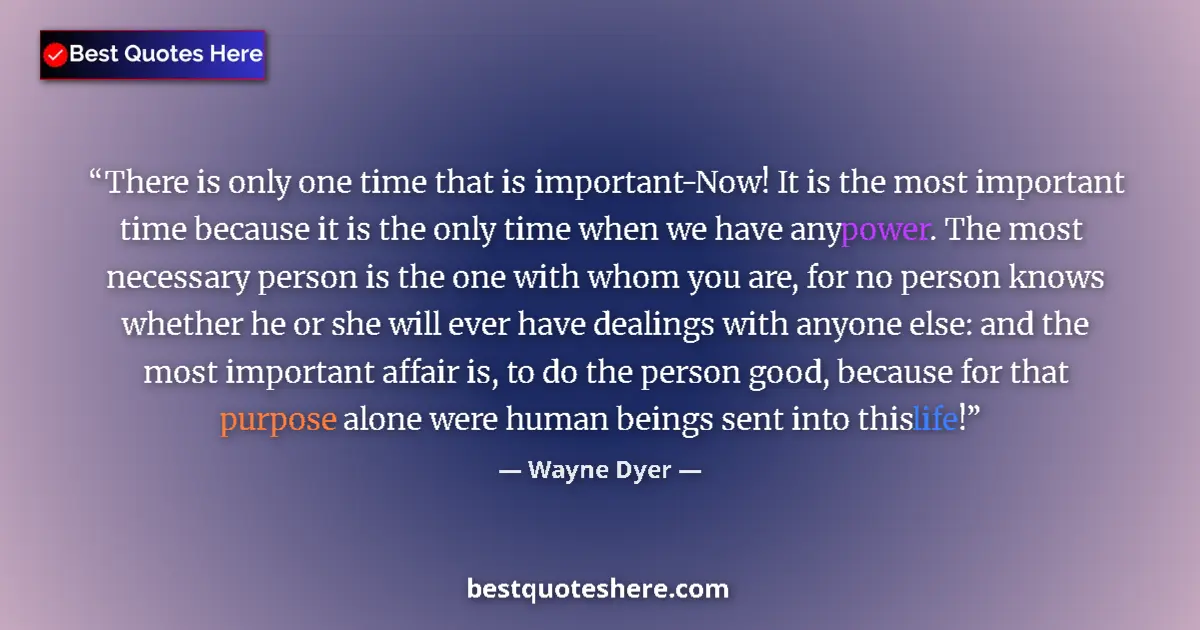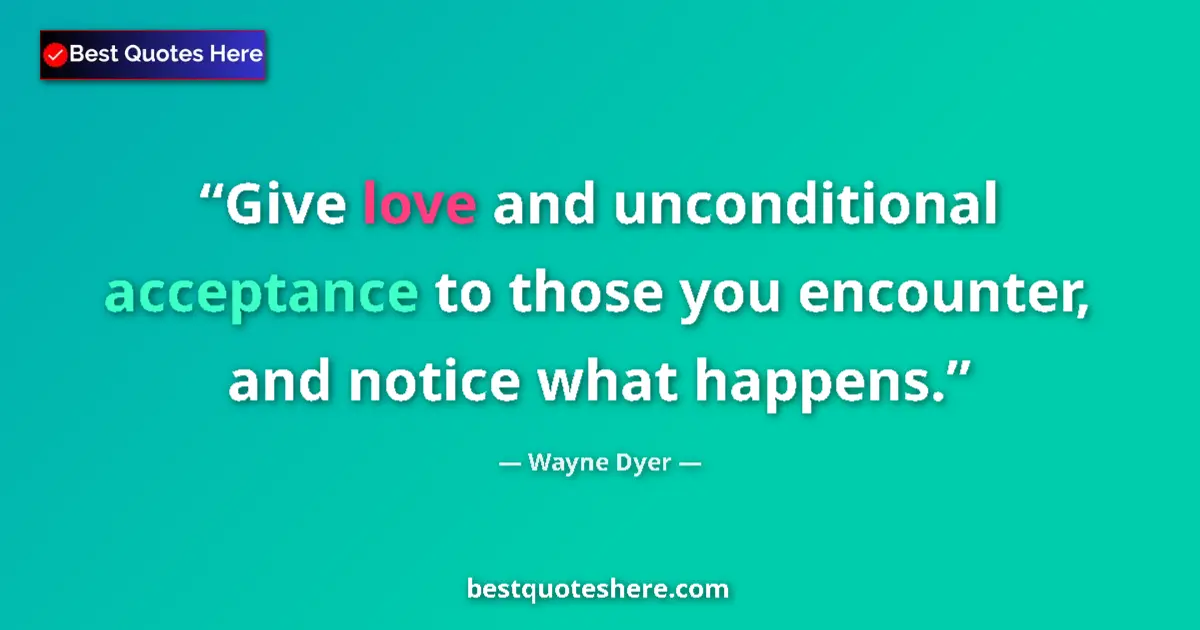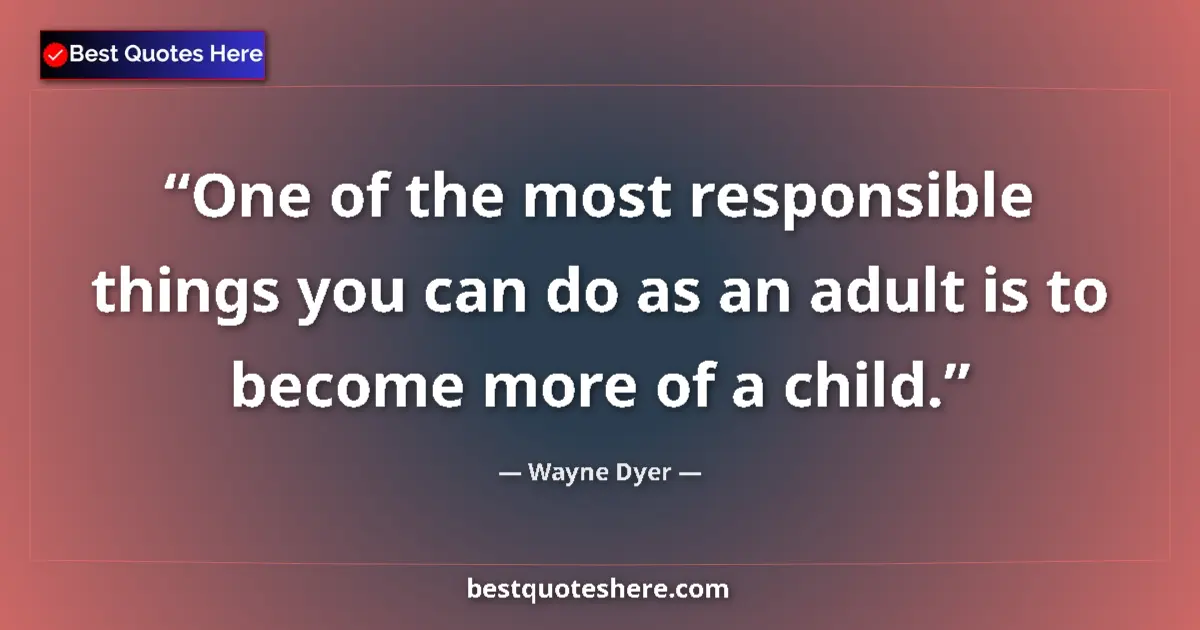
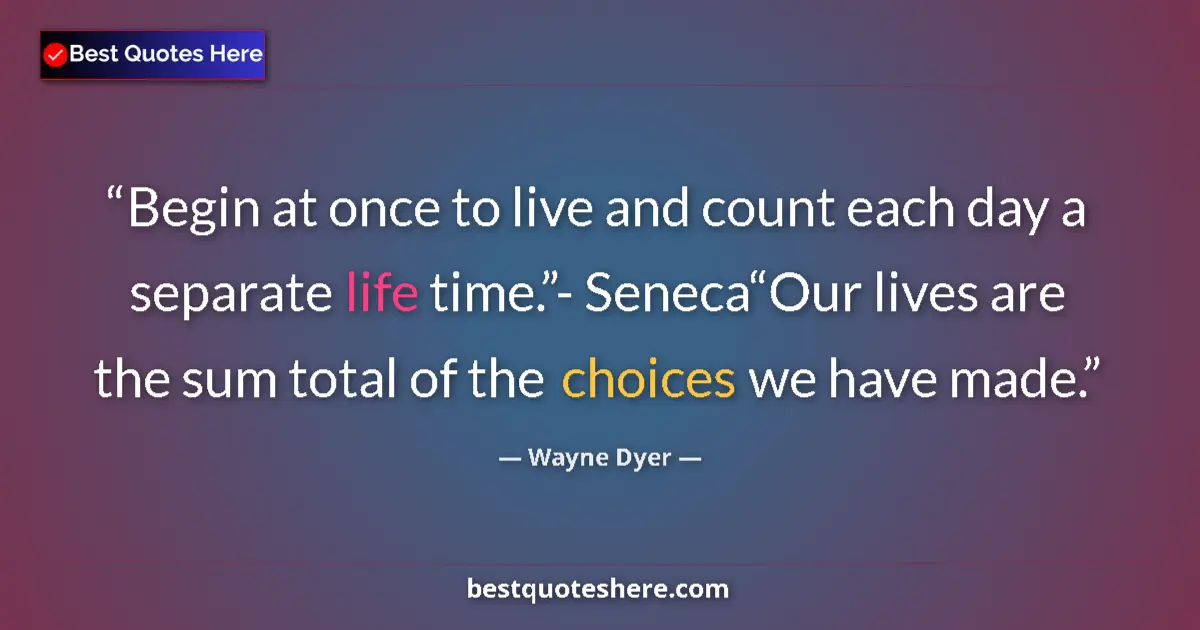
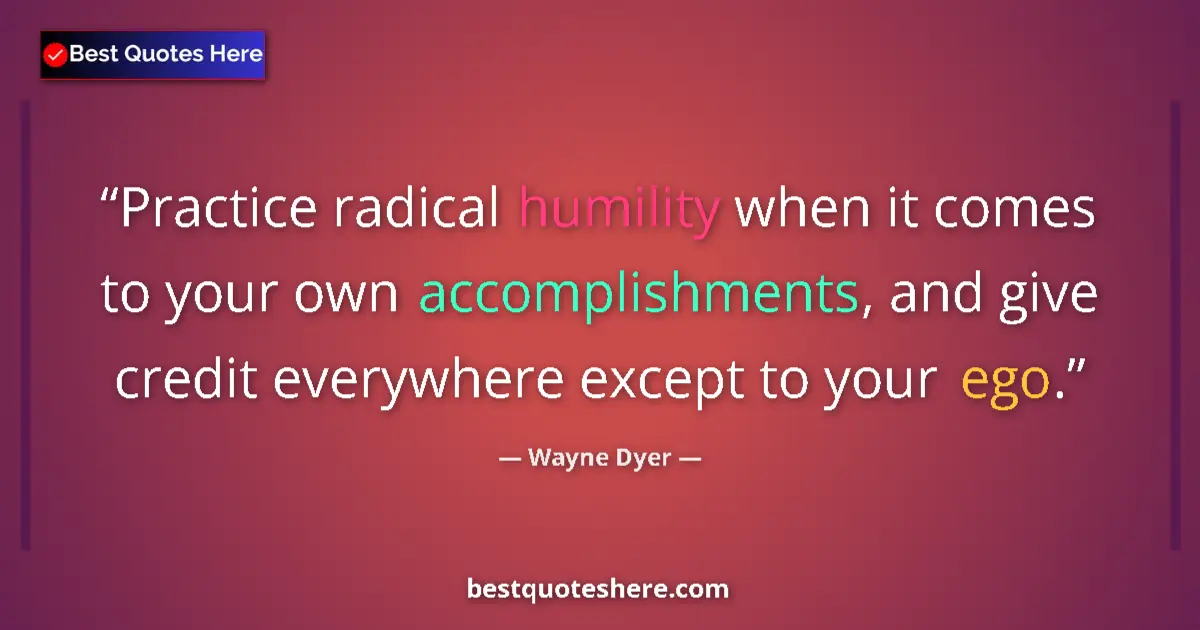
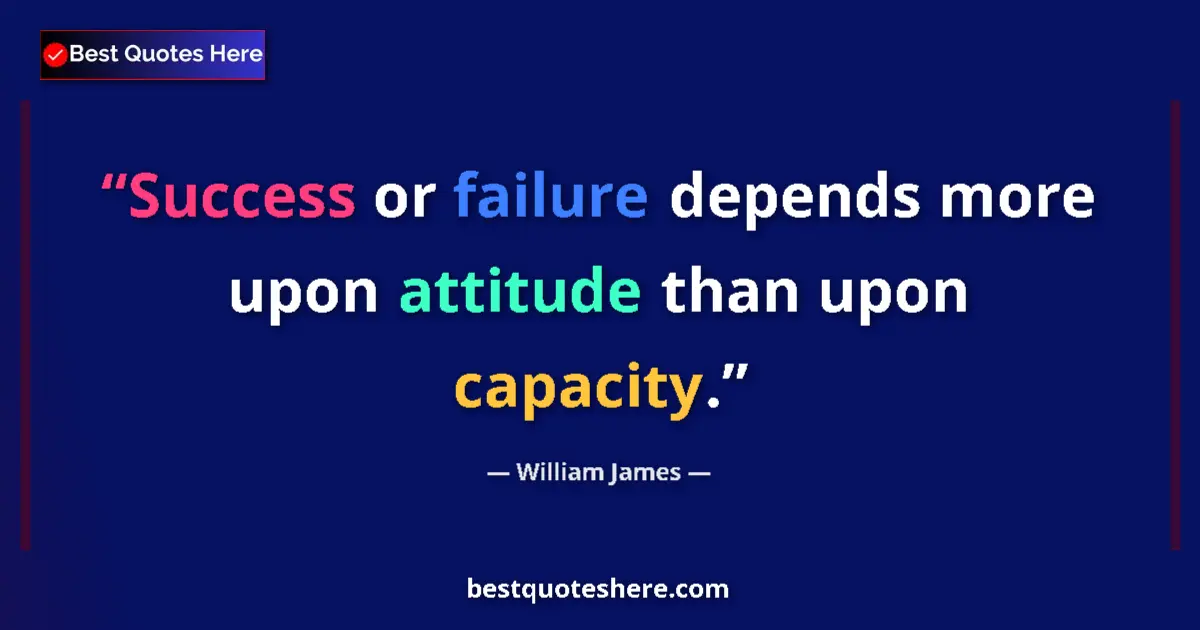





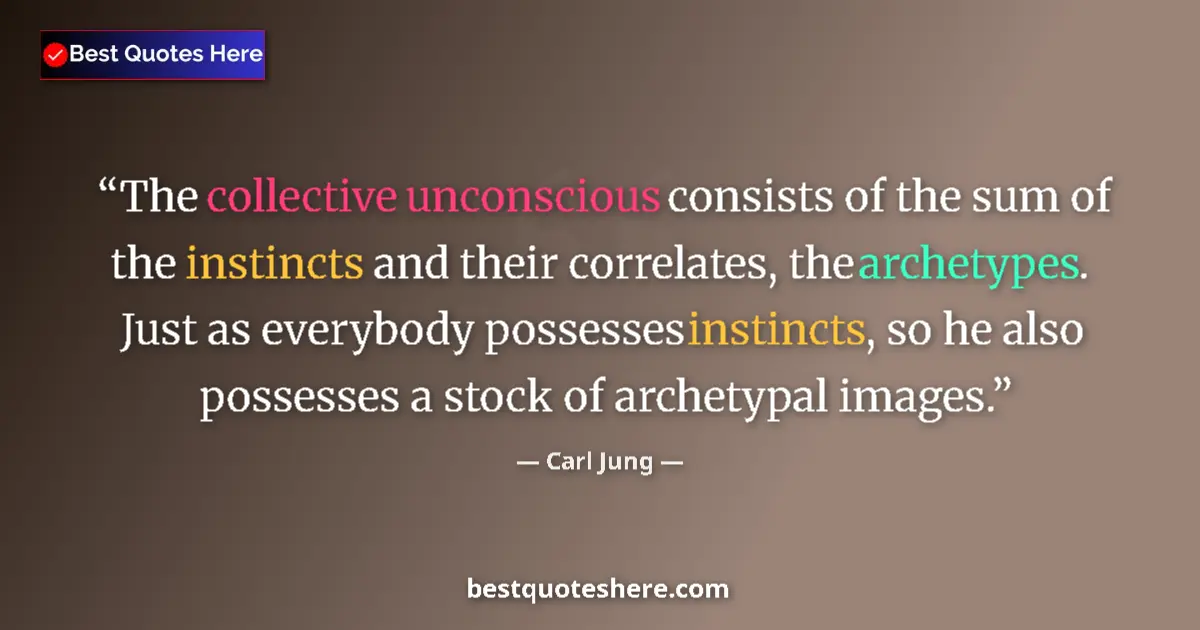
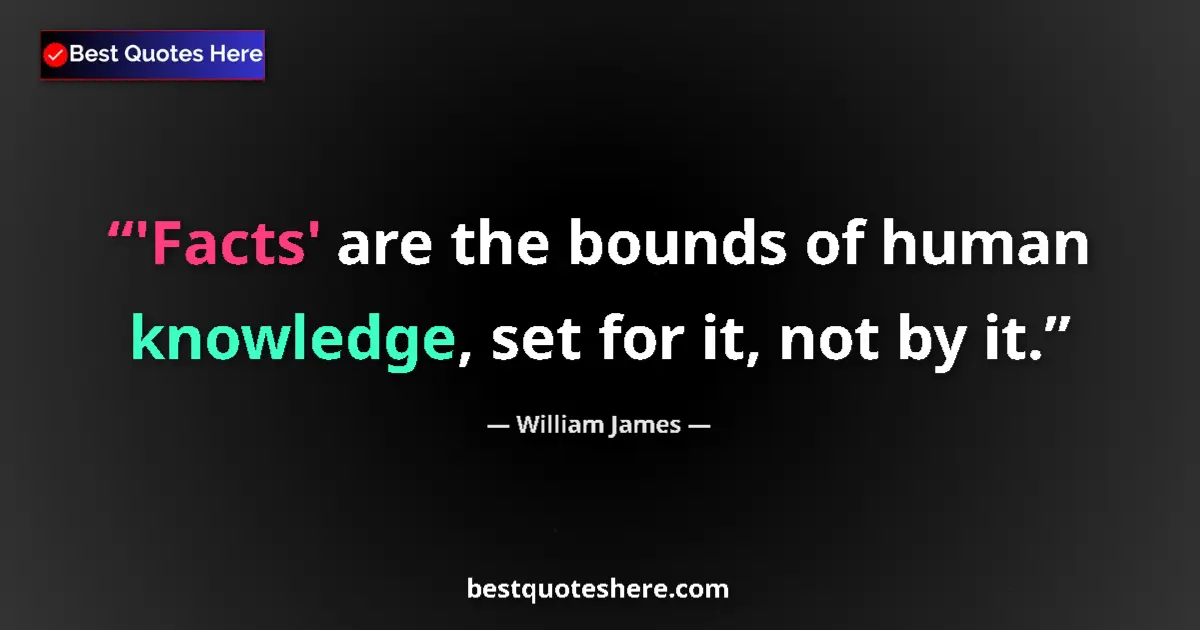


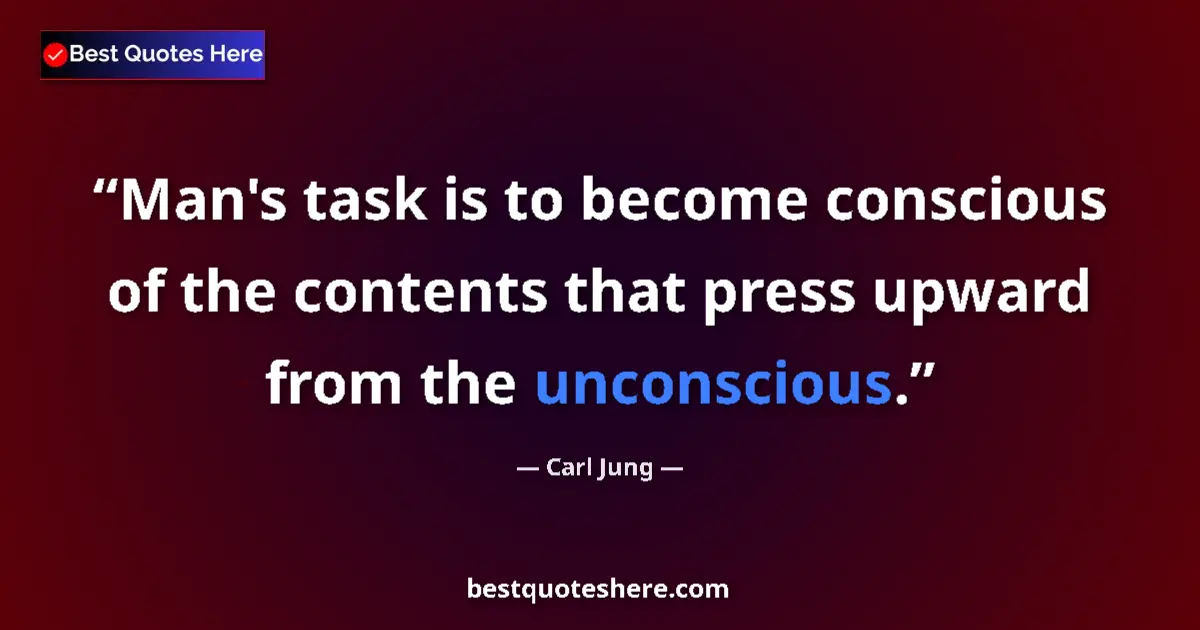



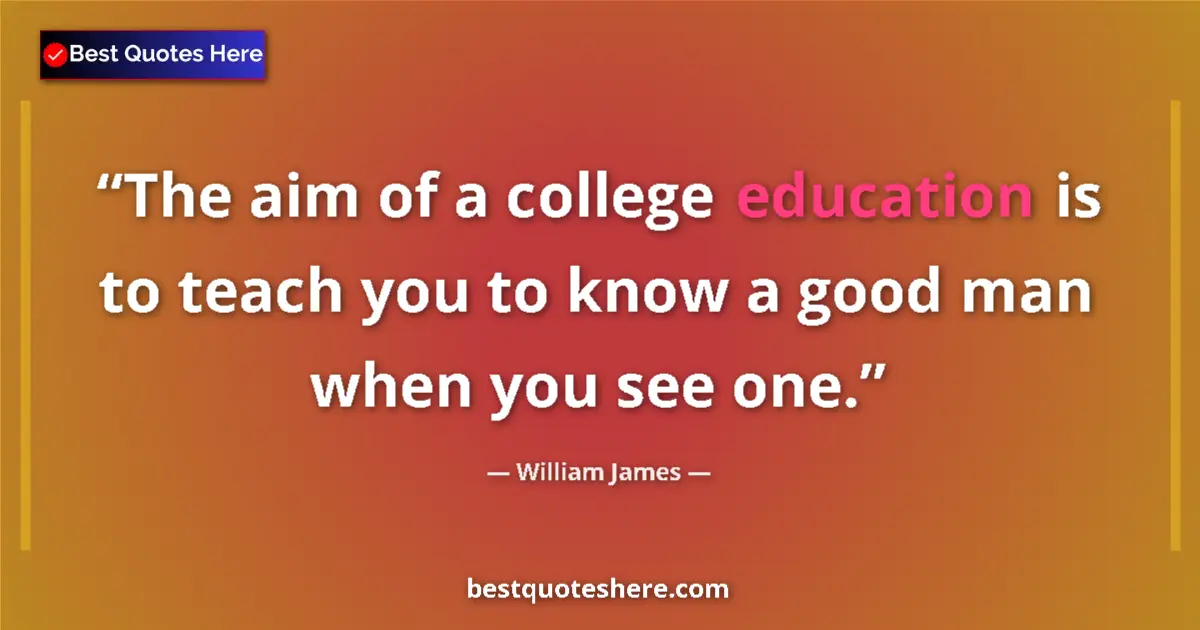
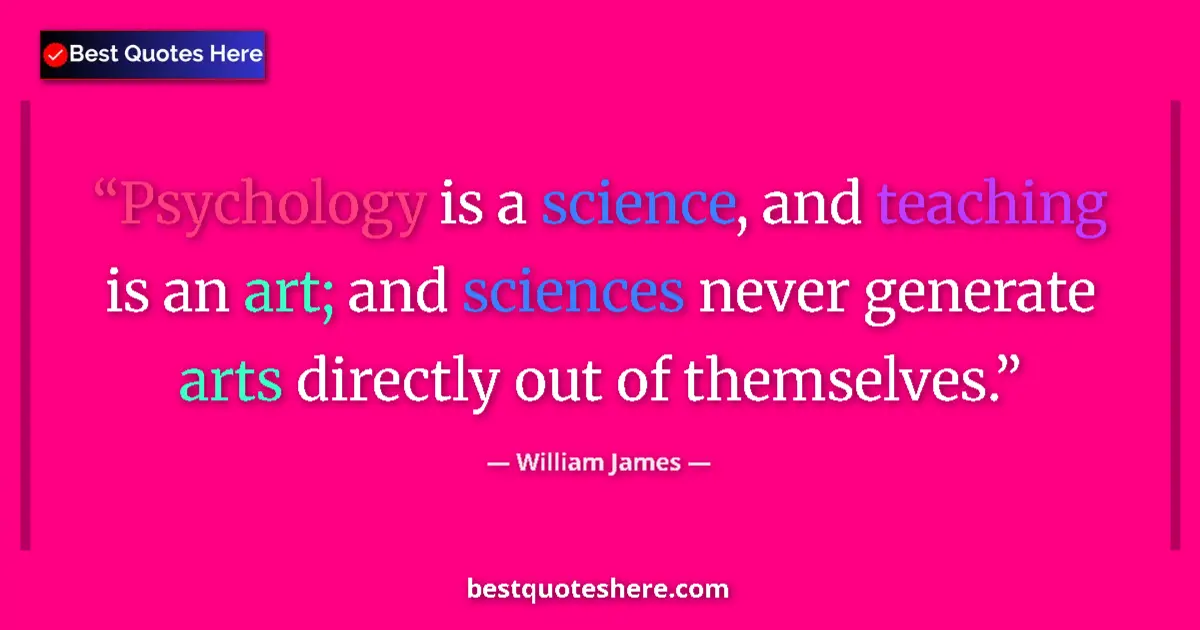


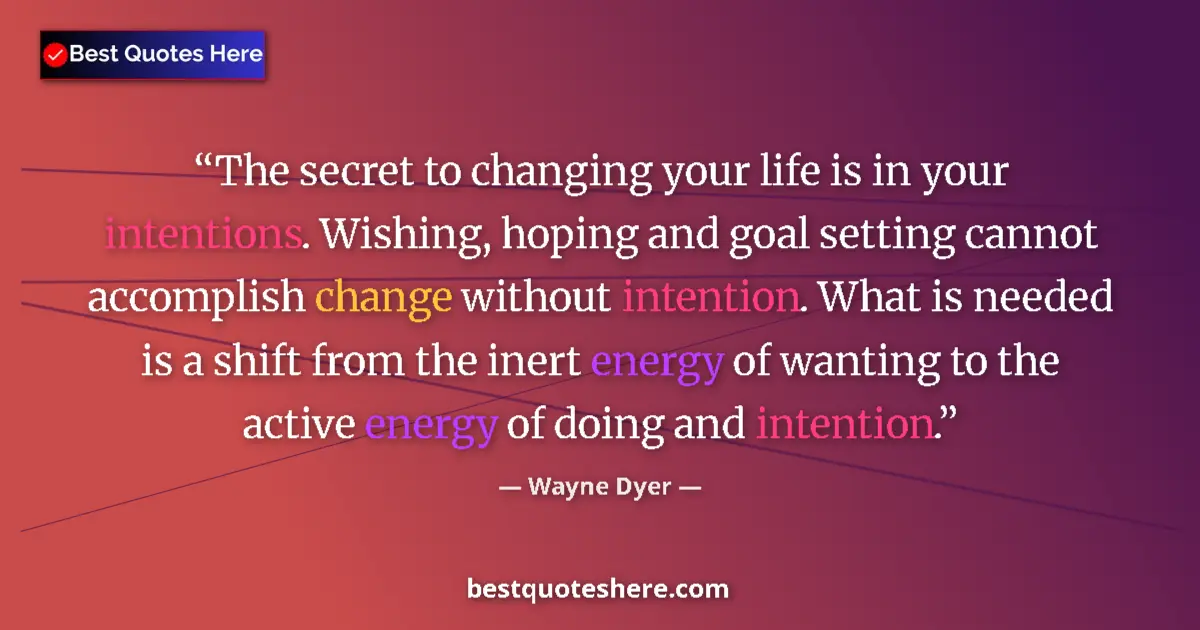

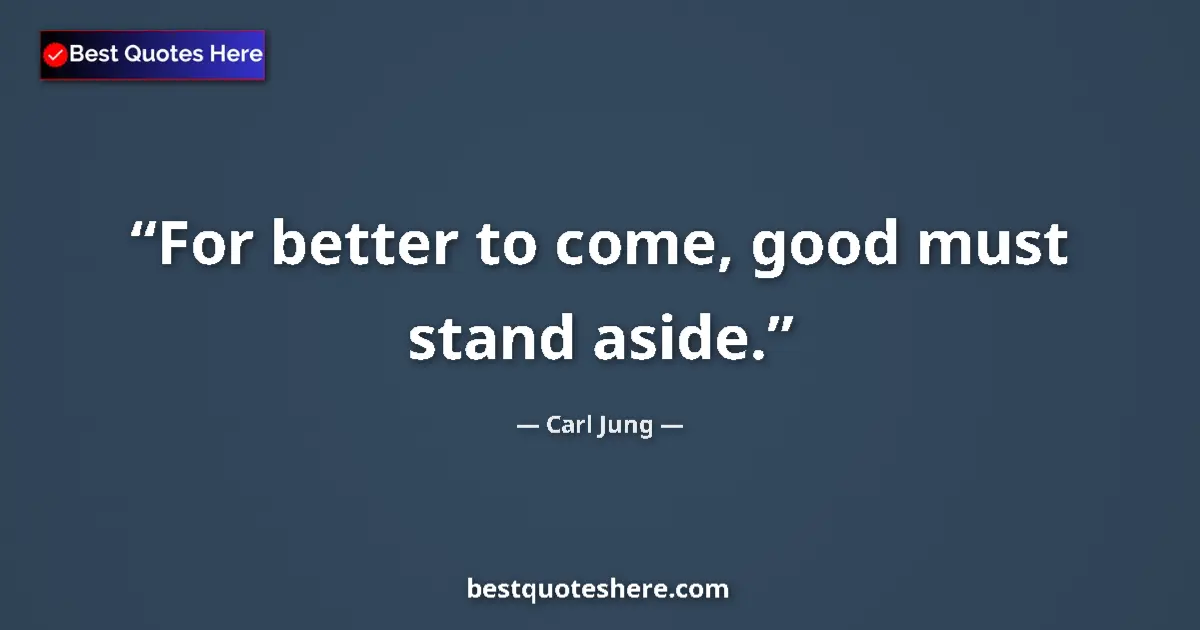

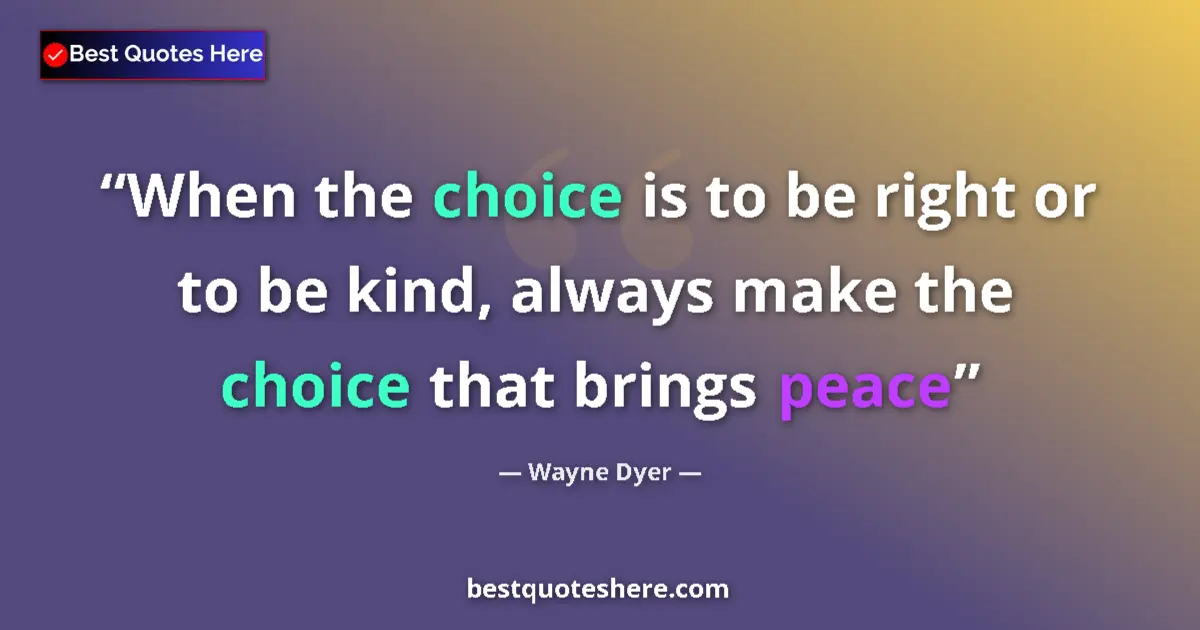

What interest, zest, or excitement can there be in achieving the right way, unless we are enabled to feel that the wrong way is also a possible and a natural way, nay, more, a menacing and an imminent way? And what sense can there be in condemning ourselves for taking the wrong way, unless we need have done nothing of the sort, unless the right way was open to us as well? I cannot understand the willingness to act, no matter how we feel, without the belief that acts are really good and bad.
›
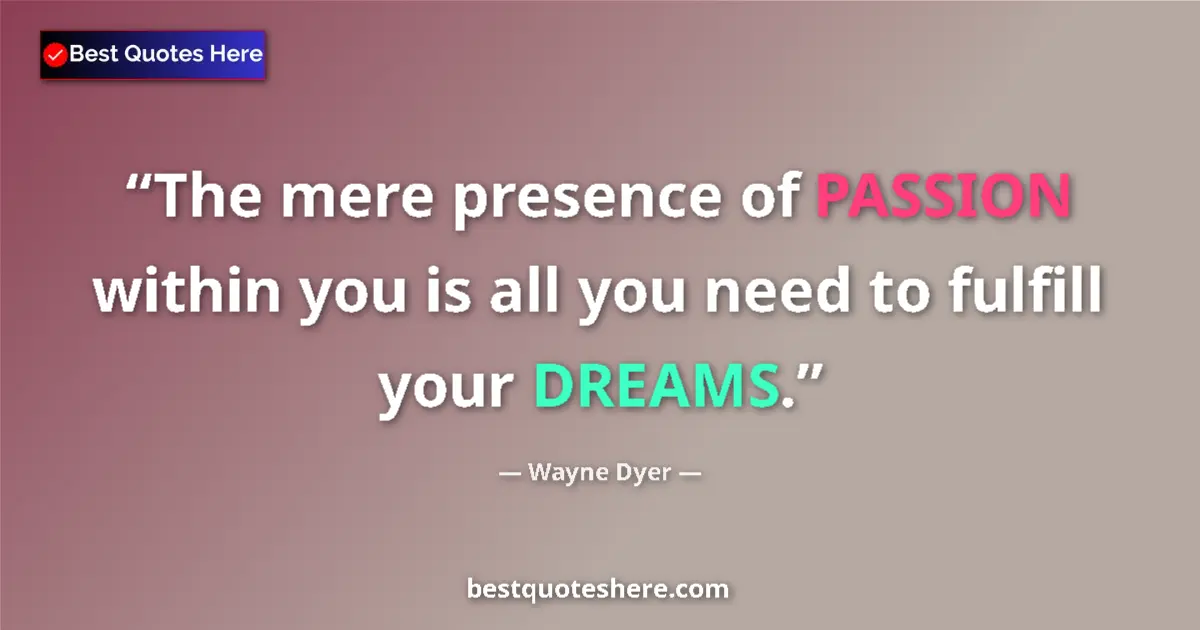



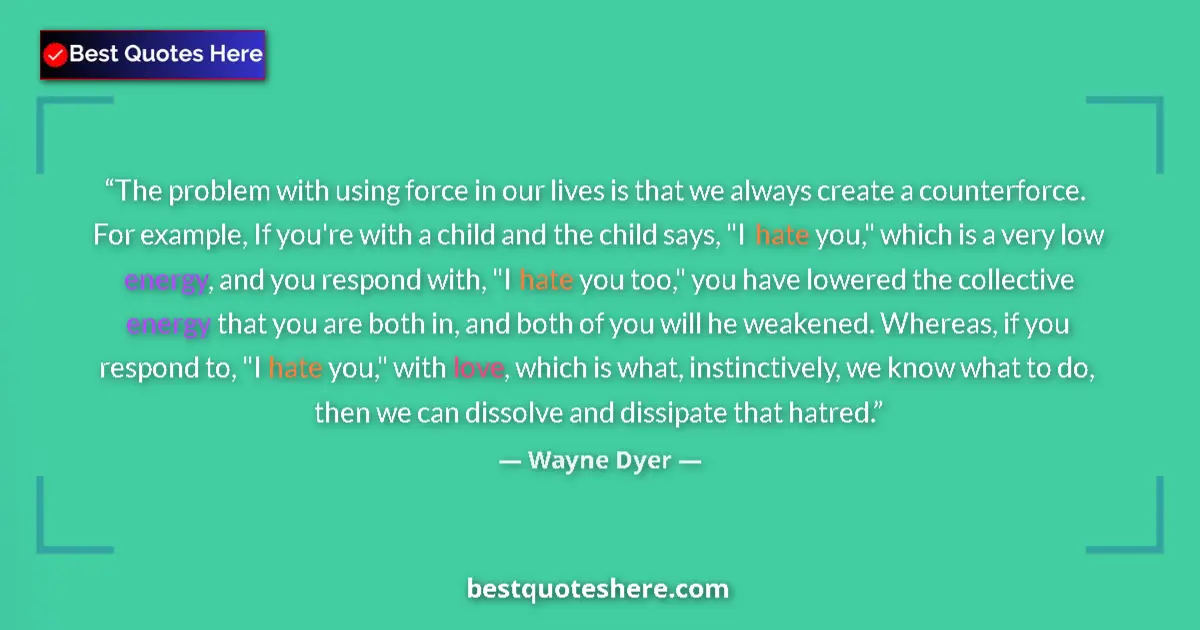
The problem with using force in our lives is that we always create a counterforce. For example, If you're with a child and the child says, "I hate you," which is a very low energy, and you respond with, "I hate you too," you have lowered the collective energy that you are both in, and both of you will he weakened. Whereas, if you respond to, "I hate you," with love, which is what, instinctively, we know what to do, then we can dissolve and dissipate that hatred.
›


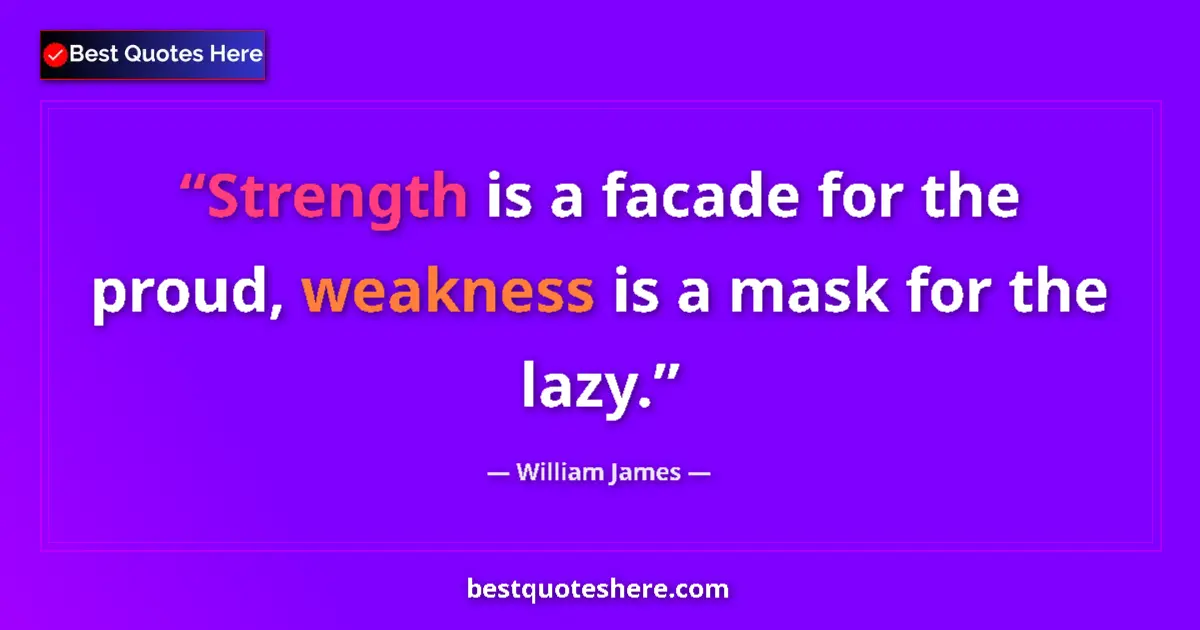

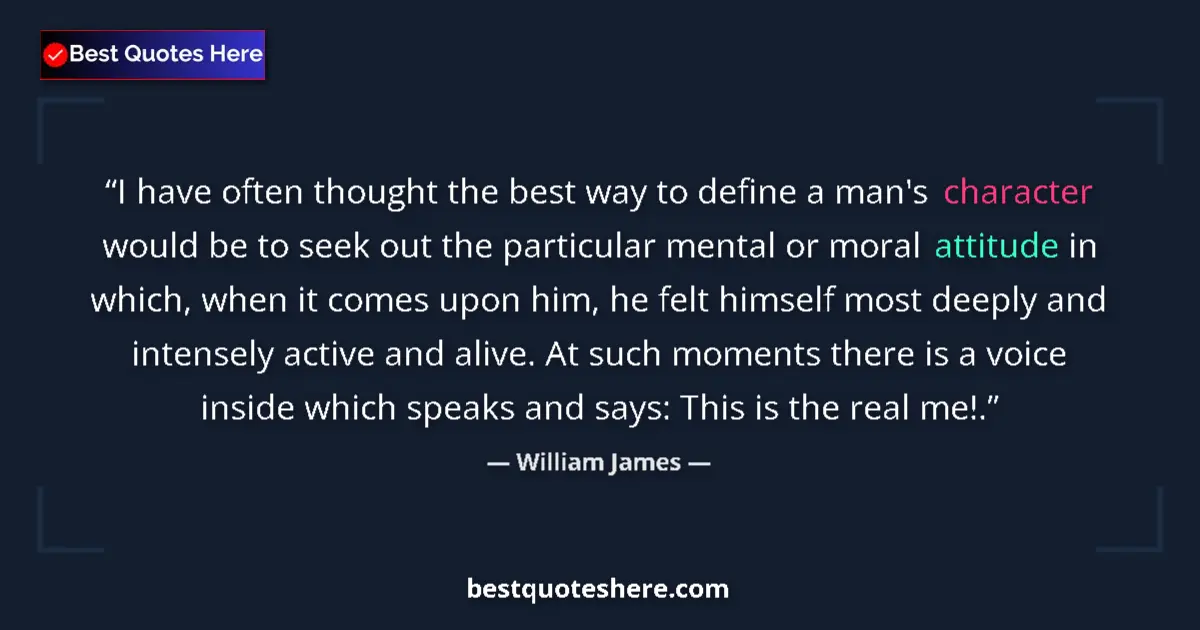
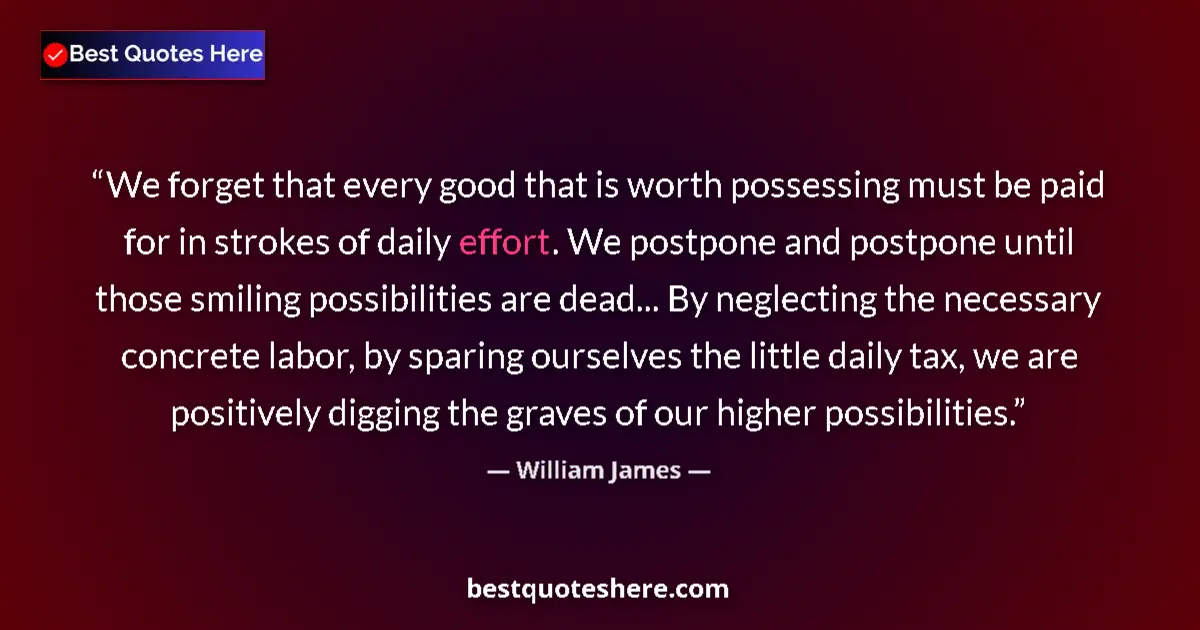


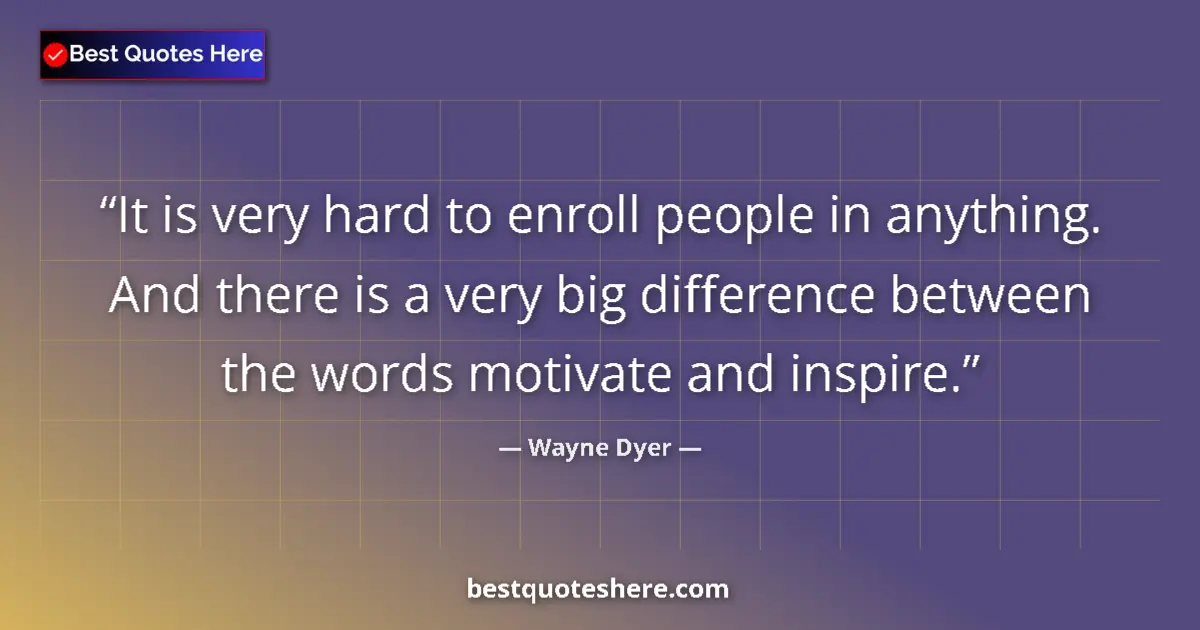

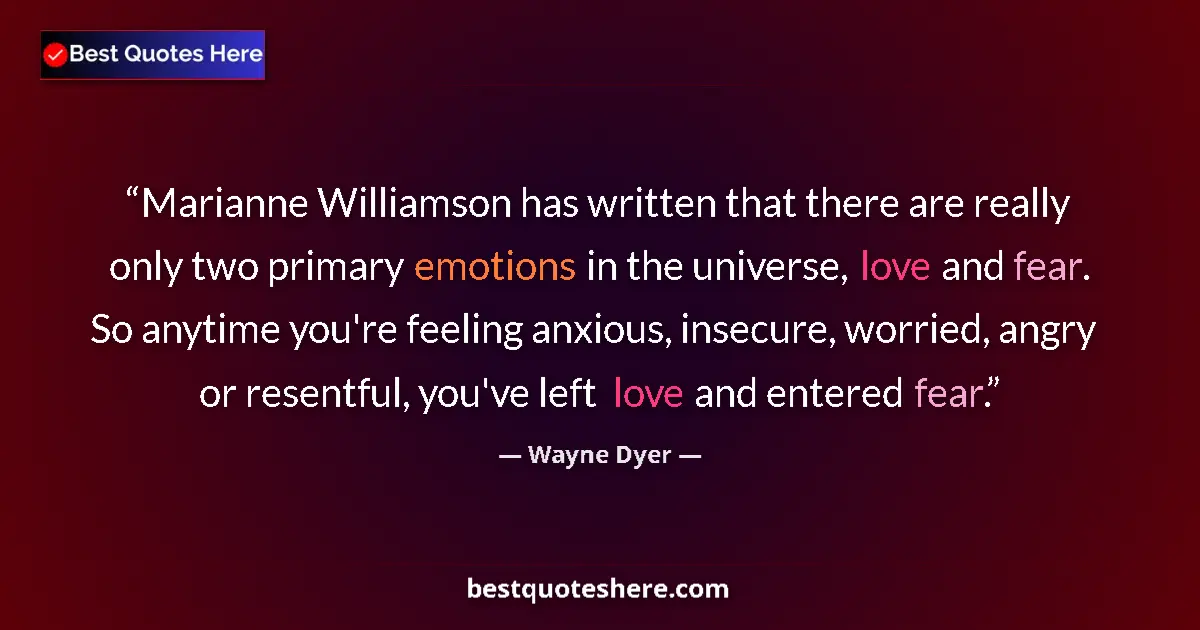

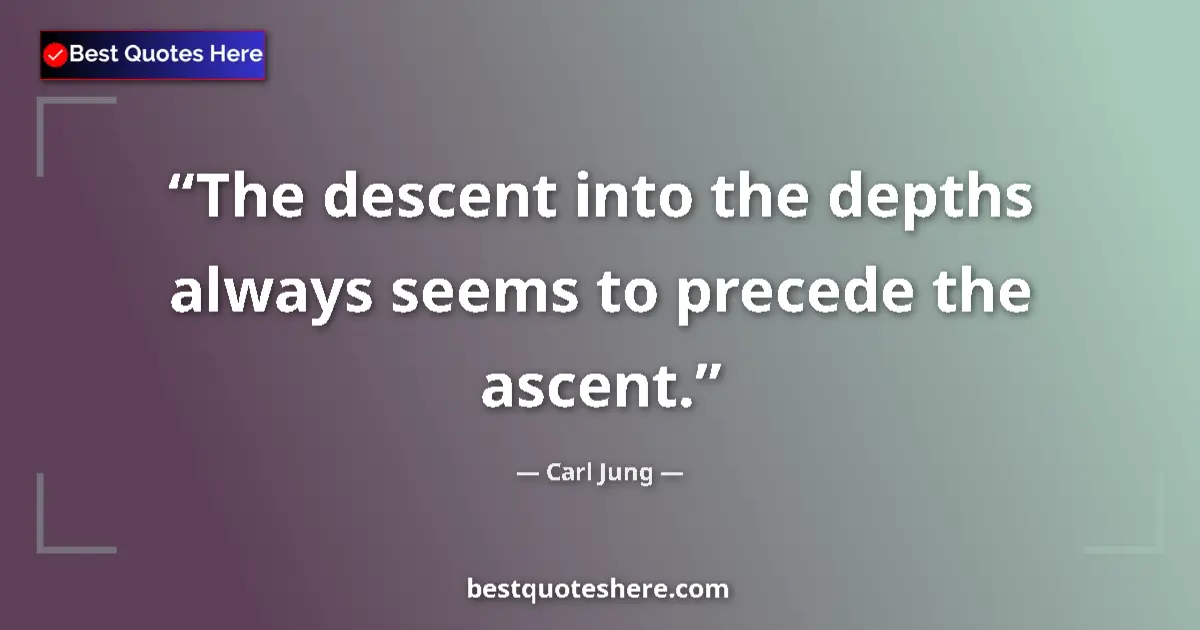

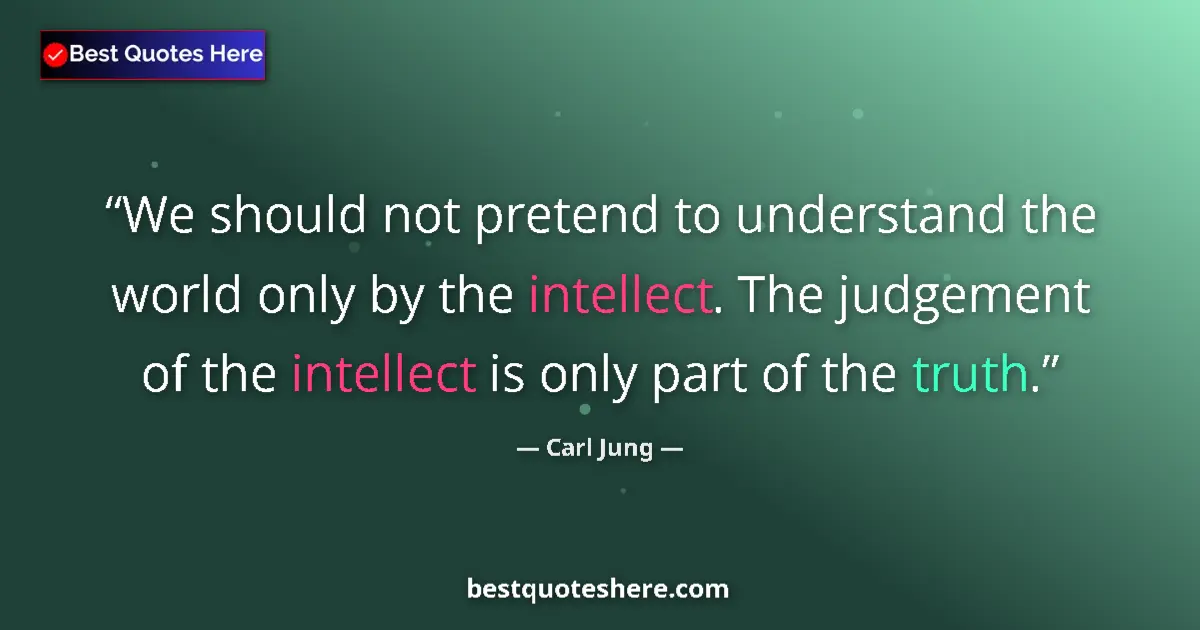
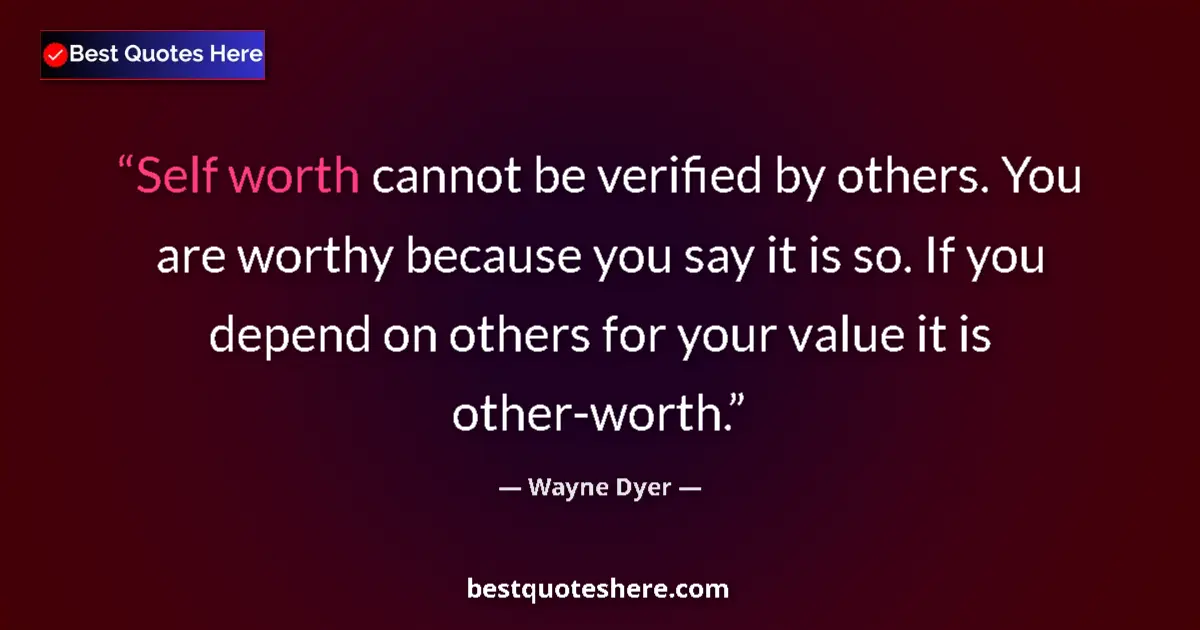
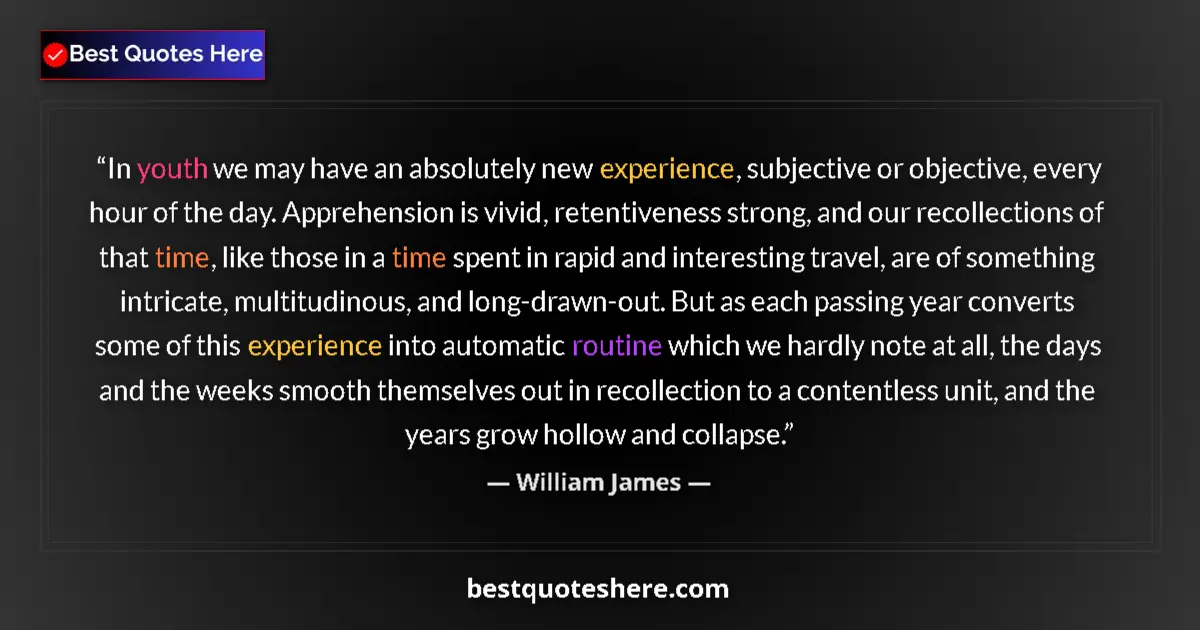
In youth we may have an absolutely new experience, subjective or objective, every hour of the day. Apprehension is vivid, retentiveness strong, and our recollections of that time, like those in a time spent in rapid and interesting travel, are of something intricate, multitudinous, and long-drawn-out. But as each passing year converts some of this experience into automatic routine which we hardly note at all, the days and the weeks smooth themselves out in recollection to a contentless unit, and the years grow hollow and collapse.
›
